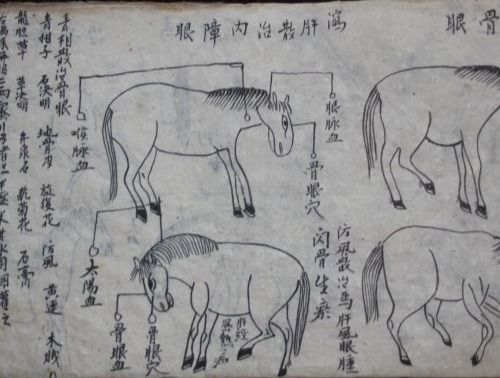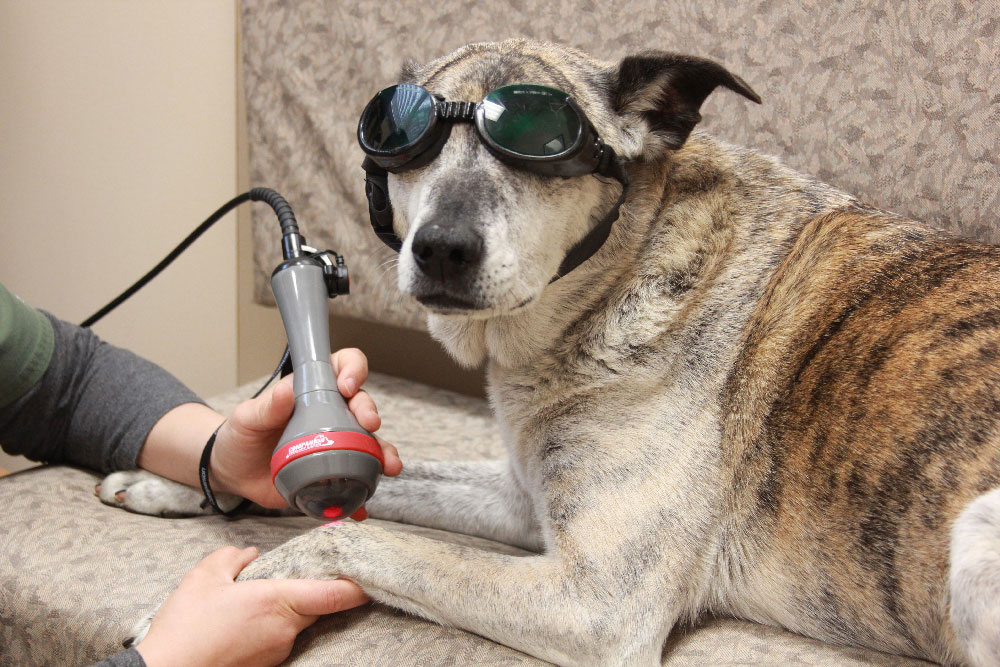Watching your pet get older is hard. They are slower to rise, slower to greet you at the door. They cannot run as long or as far, or play the way they used to. They love you just as much as they always did, and you wonder - is there something else I can do for them as they near the end of their life?
The answer is yes. Of course, there is no eternal life spring that we can offer our pets; no matter what we do, they will come to the end of their lives and that is not something (unfortunately) we can change. However, there are many things that you can do to help your older pet to make their life, and yours, a lot easier.
Home Environment
Consider your home environment, and see what your pet struggles with on a daily basis. Maybe your kitty cannot jump to the couch any longer, or perhaps your old pup has trouble with the stairs. Think about a ramp, or shorter stairs, or possibly an alternate route into your pet's favorite place. Can they go outside in the front yard versus the backyard, if more stairs are required for the back? Can you cover your wooden floors or stairs with washable carpets for increased traction? Simple modifications can make a world of difference to a pet who is having trouble getting around.
Joint Pain
Another reward for a life well lived is arthritis. Many older pets suffer with inflammation and joint pain. They would never complain, of course, which often makes it hard to tell when they hurt. There are many pain relief options available to help your pet - and remember, pets generally don't cry when they are in pain. The most common signs of pain in your pet are reluctance to move or get up, increased desire to sleep, decreased desire to play, and generally "not feeling like themselves".
Appetite
Your older pet may struggle with appetite, or just eating in general. Think about what you are feeding, how you are feeding it, and how often you are feeding. Perhaps your dog has neck pain and reaching the bowl on the floor is uncomfortable. Perhaps your kitty has knee pain and cannot jump up to the countertop where her bowl is any longer. Maybe your pup just doesn't have the appetite he used to. Elevate the feeding bowl to make it easier to access for older dogs. Place bowls in a spot that is easier to access, and consider placing multiple bowls if your pet has trouble getting around. Consider feeding multiple small meals instead of one or two per day, and consider a senior pet food. Often senior pets do not absorb the nutrients as well as younger animals, and senior pet foods offer highly digestible ingredients, as well as increases in vitamins and minerals that are essential to older pets.
Continued Veterinary Care
Veterinary care is important in all stages of life, but especially in senior pets. There are many excellent medications, supplements, and treatments that can make your aging pet feel good. Veterinary anti-inflammatory medications can make a world of difference if your pet has arthritis. (Side note, please do not use human medications in your pet unless specifically instructed by your veterinarian. Medications and doses that are safe for people are often harmful for your pets.) There are many options for your dog and cat, and it can help them feel like themselves again very quickly.
Non Medical Options
Non-medical treatments are also very important. Acupuncture can help older animals live longer and healthier lives. Cold laser therapies, chiropractic care, and many other modalities help older dogs feel better. Consider all options when talking with your veterinarian.
Acupuncture involves placing tiny needles in specific points. A good acupuncturist will do a full examination on your dog, and may ask you many questions that seem a bit strange. This gives them a good picture of your pet's personality, habits, and may open doors to other treatment recommendations. It is a simple procedure that most animals enjoy. Contact your veterinarian or a certified TCVM (Traditional Chinese Veterinary Medicine) practitioner near you.
Older pets need additional care to live healthy lives in their final years. Have a candid discussion with your veterinarian for more information.
BUSINESS HOURS
Monday - Friday: 8:00 - 5:00PM
Address: 2809 South Spring Ave Sioux Falls, SD 57105



